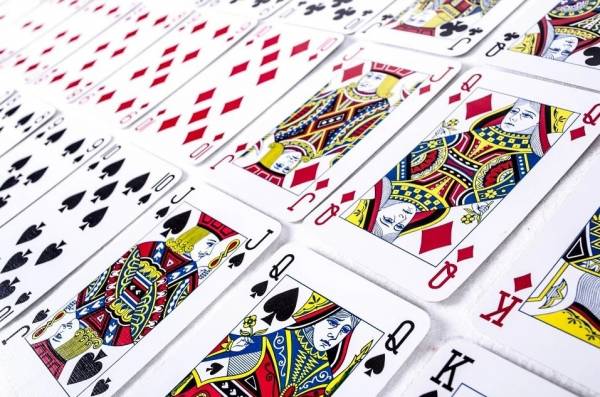Why Knowing Your Poker Image Matters at the Table
First off, we’re not talking about your poker face, the rock-still, expressionless stare into space that leaves no clues as to what cards you’ve got. We’re talking about your poker image, and that’s an entirely different thing. Here, we’ll explain why you should be looking at yourself just as much as at your opponents.
Any half-decent poker player will tell you about the advantages of studying your opponents; keeping a mental note of how they play, how they bet, how they talk, how they sit. Anything that may be of use later in the game and turned to your advantage. Online poker rooms even help you by letting you make notes on any player. If you came to play them again, you could remind yourself of what you wrote before.
You can practice this for yourself by playing online poker for free. You don’t have to risk money; you can use play chips and build your experience with no expense.
You’ll soon see that in general, building an image of opponents allows you to form opinions that will narrow down the range of cards you think they might be holding. It’s a crucial advantage that will increase your profits over time and, maybe, you’ll be the next Hossein Ensan, Word Series of Poker champion.
The most basic observation might be how often your opponent is involved in hands. If he plays most of them, he’s loose. If he routinely folds pre-flop, he’s a rock. Quite clearly, if that rock suddenly wakes up and comes out betting, it’s fair to assume he has a decent hand and, unless you’re holding a monster, you should fold.
And the loose player? You can now play him in one of two ways: widen your range a little and take him on, knowing you can get in and out cheaply if needs be, or tighten up against him and wait until you have a better hand, knowing you’ll be likely to get paid off.
Other characteristics might help you to form a good image of an opponent. Observations like this cross over into “tells”, behaviour that indicates the strength or otherwise of their hand. If the player is a routine chatterbox at the table, and suddenly shuts up, what’s different? Perhaps it’s his lovely pair of aces? In James Bond’s Casino Royale, Bond villain Le Chiffre had a tell… he tended to touch his left eye.
So, if you’ve picked up on all this general advice, and made a careful note of everyone’s style during a game, well done.
But here’s the thing. Have you been too busy to make one glaring omission? Have you neglected to realise that while you’re studying everyone else’s image, it’s quite likely they’ll all have been studying yours?
Have you perhaps lazily settled into a pattern of play that gives your own game away? Maybe you’re on the tight side, have only been seen at showdown with a tight range of good hands, and always bet the same amount pre-flop with those premium hands?
If so, other shrewd players at the table have a great read on you, so any advantage you think you might have over them has been wiped out.
With this in mind, you need always to be conscious of what image you are projecting. And the best one you can have is “dangerous and unpredictable”.
Unpredictable is key because when you come out betting, or re-raising, there is no discernible pattern that might cause an opponent to think: “Oh, he’s got a premium hand again.” Instead, you come out betting, and everyone genuinely has no idea what you might be playing. If you’re holding a monster, that’s great because you’ll get a customer who might pay you off.
If you are holding a premium hand, get called and go to showdown, then that will only help your image as dangerous.
That said, you need to mix things up. If you keep up with the poker news, you’ll know in cash games, you can’t just be a rock – you’ll never get action when you have a hand. In tournaments, you’ll be blinded away. So, you must widen your range, put in some raises and hope to take down the blinds. If you get called, you hope a continuation bluff will win you the chips. But, if you did get called and your bluff is revealed, it’s no bad thing (unless you lose all your chips), because it adds to your image of unpredictability.
Now, your opponents don’t know what you’re doing, and to them it’s dangerous. While they tighten up against you, you can put more pressure on them yet. Some might shut down (their image will give this away), but that’s fine – poker is a game of psychology; mind games and skill, not a game of chance. Get it right, and you could be cleaning up at the tables.









